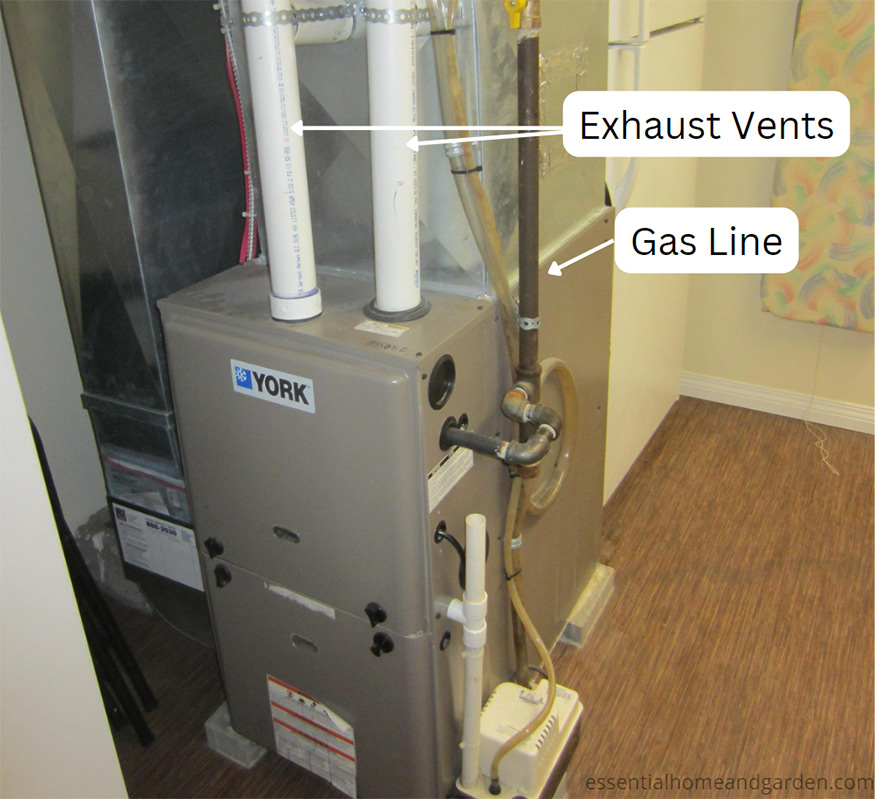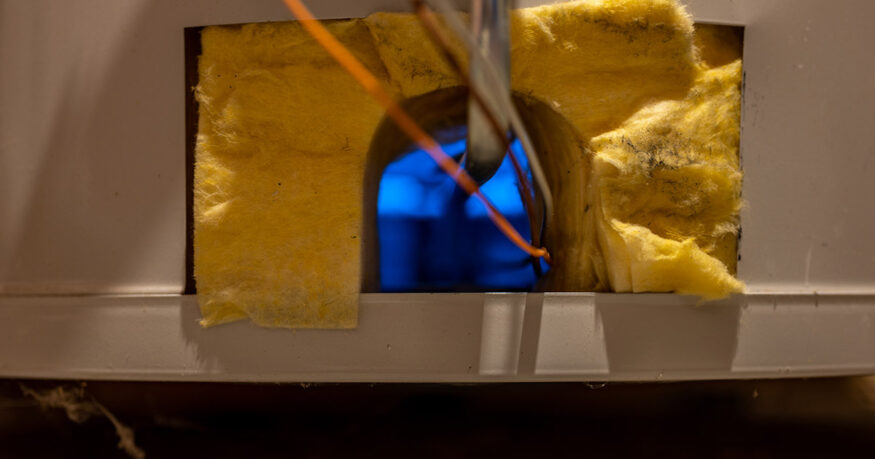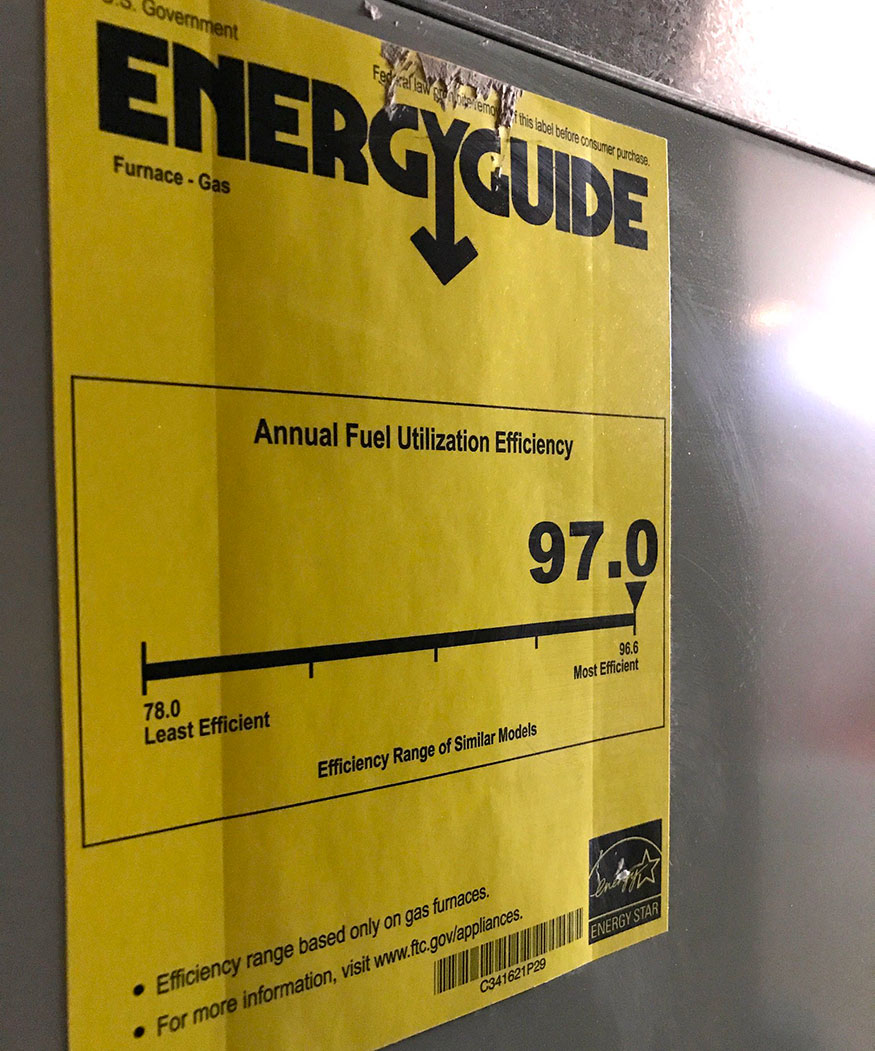Determining whether your home’s central heater is gas or electric is essential for proper maintenance and repairs, but it can be confusing. Like many homeowners, you might be puzzled about identifying your heating system’s type.
With over a decade of experience in home heating systems, I understand the frustration and safety concerns of this uncertainty.
In this article, I’ll guide you through simple yet effective ways to distinguish between gas and electric heaters.
From checking for gas lines to listening for distinct operational sounds, these tips are tailored to help you, the everyday homeowner, confidently identify your heating system.
How To Quickly Tell The Difference:
- Gas Line Check: A gas line running from the main pipe to the heater is a clear indication of a gas-powered heating system.
- Exhaust Vents: Gas heaters often have two vents or pipes connected to the outside for expelling gases, a feature not needed in electric heating systems.
- Pilot Light: A glowing pilot light near the furnace suggests the heater is gas-powered, as electric heaters do not require this type of ignition.
- Operational Sounds: Gas furnaces typically produce a distinct “whooshing” sound when operating, unlike the quieter whirring noise of electric heating systems.
- Furnace Label: A label on the furnace can provide definitive information about the type of fuel used, indicating whether the system is gas or electric.
What is the difference between gas and electric heating?
Gas heating systems ignite natural gas or propane heat the gas heat exchanger, which then distributes warm air throughout the house.
Electric systems use electric resistance coils to generate heat that is transferred through the house via vents.
Both systems usually use a central fan system to push the warm air through the ductwork and vents in the house.
How to tell if your heating system is gas or electric
Check if your central heater has a gas line

To determine if your heater is gas or electric, simply check for a gas line connecting the main pipe to the heater.
The presence of this line, often accompanied by a pilot light, indicates a gas heater. Electric heaters, in contrast, lack such a line.
Check for exhaust vents
If you spot a gas line, further confirm it’s a gas heater by looking for exhaust vents. Gas heaters typically have two external vents for safety, expelling harmful gases.
Electric heating systems do not need any external venting.
A Gas heater has a pilot light

Look for the telltale sign of a pilot light. Most gas-powered heaters will have a small glowing flame near the furnace.
This indicates that natural gas is used to power the system and that it requires ignition via this pilot light. Electric heating does not need this type of ignition and as a result, will not have a pilot light.
Listen To The Furnace
Gas furnaces emit a distinct “whooshing” noise, indicating the burning of gas, while electric heaters usually produce a quieter whirring sound from their resistance coils.
Listening to these sounds can help differentiate between the two.
Check the label on your furnace

If you can find a label on your furnace, it should tell you exactly what type of fuel is used for heating your home and whether it is a gas or electric system.
This is actually a requirement by the USA government.
It may also give other important information such as wattage, voltage, and safety guidelines.
Review your energy bills
Finally, you can review your energy bills to see how much gas or electricity you use. If there is a high usage for gas and the other steps listed are inconclusive, then it’s likely that your heating runs on natural gas.